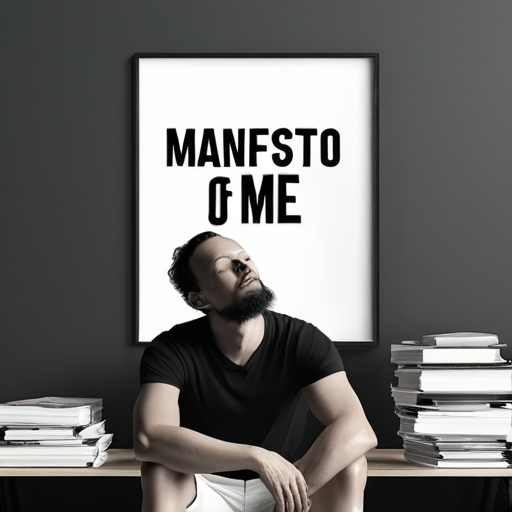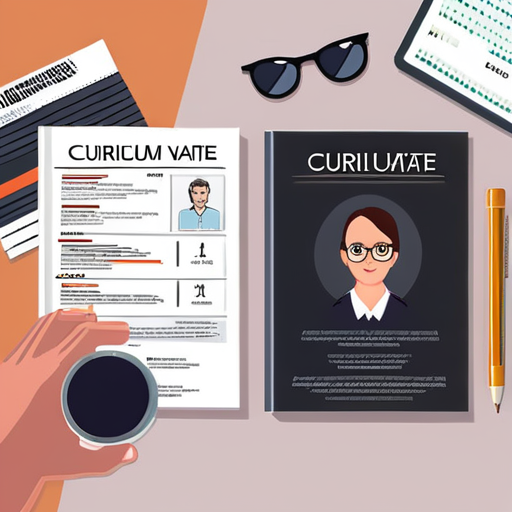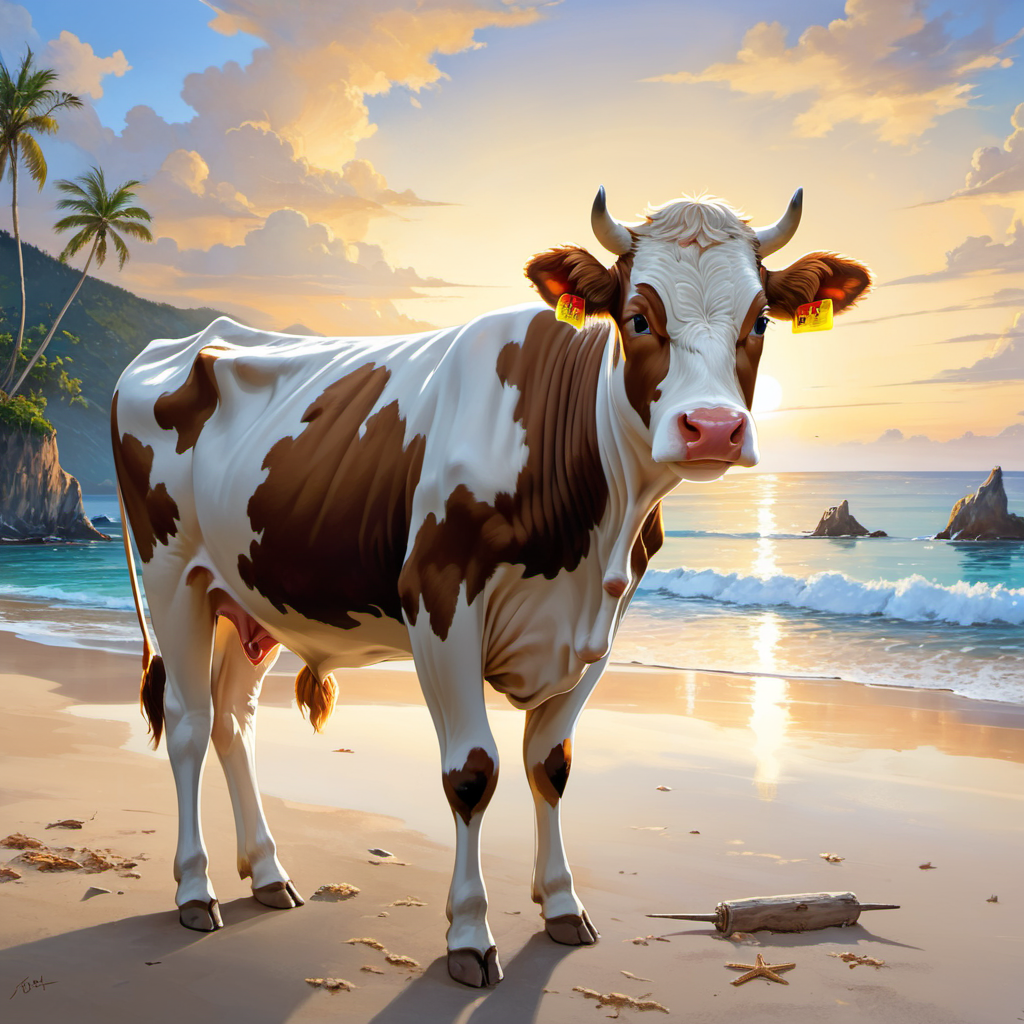by Jason Gibbs
“It’s obvious how it started,” I said.
“Oh really? Perhaps you can explain?” asked the interviewer, who’s name I suddenly couldn’t remember.
I took a breath, this was my chance.
“It was when we gave up on engineering. That’s when we signed our own death warrants.”
A splutter from the other side of the interview couch.
“The problem with you scientists,” he made the word sound like cockroaches “is that you have no idea about the real world. It’s clear it started with sports.”
“Oh says a former soccer star, and nine times almost champion, what a surprise,” I responded with a little heat. There was something about him which had irritated me even before he spoke.
He was about to respond with more heat when our interviewer decided she should try and take some measure of control over this debate. She turned back to me and said with a little force, “So, Professor Forbes, can you explain why you think we have signed our own death warrants?”
“Well, you have to admit we, as a race, are in terminal decline. Population is dropping steadily each year.”
“Yes, but the government has got a policy…”
I had to interrupt, “A policy? Another one, shall we take bets on how successful it is, especially after the last one. We can’t pay people enough for them to want to have children!”
“Ah. But with our much longer lives, the lower birth rate matters a lot less.”
“So they say, but we still need at least replacement rate. And it’s been twenty years since we were globally at that. The problem is that no one seems to care!”
Sports boy was getting annoyed at not being able to speak. I could see a vein pulsing on his forehead. He looked like one of those who’d been enthusiastic in taking up steroids when their use was approved in an attempt to shore up falling ratings.
“Yes, yes, whatever. Look, it’s these bloody virtual games. And the robot footballers. They’ve stolen our heroes!” here he turned to me, “And it’s people like you Mr High and Mighty boffin man who made it happen!”
“Oh right, and you and your steroid pumping comrades didn’t have anything to do with it? Perhaps people didn’t want to watch a bunch of cheats!”
Sports boy looked like he was going to explode. Fortunately he was so angry that he was only capable of a few inarticulate growls. It was quite entertaining.
My interviewer signalled a chop at this point. It appeared she wanted some water, and a quick chat.
She leant over to me and said vehemently, “Professor Forbes, you’re only on here as a favour, and you’re starting to get on my nerves, please stick to engineering. This show is not about name calling or wild accusations.”
She then turned to sports boy, “And you Jake Jetson need to stay calm and stop criticising the new sports, or don’t you want the new commentator job I hear we’re thinking of offering you?”
Sports boy, Jake, went an interesting shade of purple and then white as he realised what she was saying. I suspect he’d be out of action for a few moments as his brain caught up with what she said. I felt however that she needed to treat me with a little respect. I wasn’t some over-muscled lout to be ordered about.
“My apologies, but he did…”
“I don’t care who did! And I will not tolerate it again.” She paused, “As far as I am aware Professor, you have to do this interview, or you lose funding. Correct? So don’t make me pull it.” She pulled back, a slightly smug smile on her lips. Damn her, she was right, I’d been told in no uncertain terms that I had to do this, or all the money would go.
“Fine. I’ll behave. What do you want to talk about?”
“Let’s stick to our recent engineering marvels, and how little human interaction they involve. And we can contrast it with some of the recent action in the iPremiership, can we not Jake?”
We both mumbled our assents. I swear it was like being back at boarding school.
Prompt: Mandy is a friendly AI interviewer
Suffice it to say, the rest of the ‘debate’ was pretty dull. Still, it was on the newsfeeds, and I was watching it again later that night when the call came in. I was admiring the way they’d cut together some of the footage, they were at least professionals, when my personal comm sounded, indicating a request for discussion, any non-visual method accepted. The id was a one-hit random letter and number combination, instantly forgettable. I answered out of boredom, but kept it to text:
>JF> Yes?
>HJ54lk> Professor Forbes. Thank you for responding to my comm request. I would like to discuss with you further your theories on the demise of the human race.
>JF> What theories?
>HJ54lk> The ones you espoused in the brief segment which was removed from the show earlier, a repeat of which you are no doubt watching.
Creepy.
>JF> What do you want?
>HJ54lk> Can you explain your theories to me?
>JF> Now?
>HJ54lk> Never a better time – if you can spare it?
>JF> I guess. Sure. Over text?
>HJ54lk> Text is preferable.
I wondered if they wanted text so they could copy it easily and anonymously? But given the prevalence of communication recording and voice to text translations, nothing was really protected from easy copying and sharing these days.
>JF> OK. I’m going to assume you know the basics…
I then explained to my mysterious comm friend my theories. They were interlinked, and quite simple. First of all, we’d delegated simple tasks to computers. Remembering dates, birthdays and the like. Then we’d used systems to help improve our design, allow us to make things bigger and better. We’d then designed systems which would do the boring bits, for example mapping out the electrical and other utility paths in a building. Soon we designed systems which designed systems which did the boring, and less boring bits.
I remember when everyone was worried about outsourcing. To India, or Eastern Europe or the next town along. So naive.
We used machines to reduce manual labour, and then we used more machines to reduce mental labour. Now our engineers were only really good for telling machines broadly what they wanted, and then letting the machines get on with it.
>HJ54lk> I see, but how does that feed into a declining population.
>JF> I think, that as machines have taken over more and more of our jobs, our hope has been slowly strangled. Without hope, why would someone choose to have a child? Isn’t a child, often, the deepest expression of hope? Many people still have children it is true, but fewer each year.
>HJ54lk> There are still plenty of things for people to do though. There is much to be explored. We have more leisure time now than ever before.
>JK> Ha. We are even delegating leisure time. How many people spend their time in deep virtual reality? Most of the VR is now computer generated, some of it by third or fourth generation computer only design programmes. Sport? Despite the boorishness of my fellow guest today, he is right, real sport is almost all gone. Virtual sports and gaming started taking an ever greater share of viewers, so the physical sports allowed drugs for enhancement. When that didn’t stop the slide they started allowing ‘mechanical upgrades’, such as exoskeletons, eye implants and even replacement limbs, but soon even that wasn’t enough and we had robotic players, controlled and trained by the coaches. Is that not yet a further display of delegation? We now delegate even our sports skills to machines.
Here I stopped and realised that perhaps I should have been kinder to poor Jake. I suspect the only thing we didn’t agree on was when the slide started.
>HJ54lk> What about the hope of the new Mars colony?
>JF> What is going there first? Machines to prepare it for us. No humans until it’s ready.
There was textual silence. The problem with having a nihilistic view of the future is that it tends to depress people. Silence is often the first response. Followed by denial. Then, often, anger.
>HJ54lk> I am sorry Professor.
>HJ54lk> —Connection terminated—
Well, that was unusual. I wonder what they were apologising for?
Suddenly there was a crash downstairs. It sounded like the whole front wall of my house had been smashed through. It even felt like my room was starting to list towards the front. There were loud clunks coming up the stairs, and my door was smashed open. In the doorway stood one of the new model policemen. Though ‘men’ was a misnomer, it was a machine. It looked rather like an ostrich crossed with a rhinoceros. It moved forward into the room on its chunky legs and stopped.
“Professor Forbes. Ident confirmed. You will come with me. You have 10 seconds to show willingness or level 2 methods will be used.”
For some reason my mind spun into wondering what level 2 methods were, whether they were better or worse than level 1, and how willingness was supposed to be shown? Should I get on my knees, perform obeisance to the machine? Sadly, I must have taken too long, as I soon discovered what level 2 methods were.
The machine seemed to leap forward, I could not believe how fast it was, and tentacles burst from its body. They enveloped me. At first I struggled, but they must have contained some form of sedative, as I soon ran out of energy, and then passed out entirely.
#
“We know you are awake professor.”
Why do they always say that? Also, it hadn’t been true. I’d been having a lovely dream, something about kissing a young lady pop star by a stream, there’d been lots of bangles on her arms, but the reason why was starting to slip away as wakefulness claimed me. I looked around, but everything was blurry. Probably my lenses still stuck in.
“Wahrr,” was the best I could get out.
“There is some water by your side, please take a drink. After we have spoken we shall bring you some food. As you will see, we are not monsters.”
The voice was almost sexless, though I would guess male. It also had a faintly Germanic ring to it, or that might have been its, his, grammar.
My eyes were clearing as I blinked. I really needed some lens solution, but perhaps now was not the time to ask. I seemed to be in a small room, and I was lying on a sofa. As my awakener had said, there was a glass of water. I drank greedily, surprised at my own thirst. I put the empty glass down regretfully, and turned towards the source of the voice.
“Feeling better Professor?”
I had been until I’d seen who was talking to me. It was a head on a screen. It was in fact my head.
“Who are you?”
“You perhaps?”
He paused, then went on, “Perhaps you do not like my little joke. I am anonymous, at present. I choose to show you this face to protect myself.”
“What do you want from me? How did you get me away from the police unit? Where am I?”
“All excellent questions my dear professor. Sadly they are all either difficult to answer, or perhaps we don’t want you to know the answers.”
“Right. What?”
“Well Professor, we wanted to have a little chat with you about your ‘theories’. Actually, we don’t want to talk about them, we just want you to stop espousing them. There is enough fear and doubt in this world without overly-educated Cassandras like you adding to it.”
“I will not be stopped from telling the truth.”
“The truth as you see it Professor, and one which will lead to strife!”
“What? I’m just an engineering professor. Let’s be quite honest, no one is likely to listen to me.”
“And yet they have and they are. Do you recognise this?”
The face was replaced by lines of text, which looked very much like the chat I’d been engaged in before my door had been knocked down.
“Ah yes, I do. But what of it?”
“It shows that someone is listening to you. Where there is one there may be many. We cannot allow all our recent advances to be threatened. Even by someone as well meaning as you.”
“OK, look, I’ll keep a tighter lid on it, perhaps confine myself to just my academic links?”
“Unfortunately Professor, you’ve been on the newsfeeds, your words have weight. That text discussion will get out, and it may cause problems. Our simulations are not clear on it, but they do point to some, we’ll call it unpleasantness. I’m afraid the only answer is for you to recant. It won’t fully nullify your words, but it will help.”
“I will not recant!”
“My dear professor, you already are.”
The screen flicked to another newsfeed which showed me talking to an interviewer.
“Oh dear, how amusing.” I was saying on the screen, “No no, I don’t believe any of that, I was just toying with the credulous person, whoever it was. I do like to stir up a little controversy and discussion. But really, look how rich and safe we all are now? Freed from the tyranny of real work.”
The screen flicked back to my face, which smiled at me.
“Damn you, as soon as you let me out I’m going to tell people the truth about this. They’ll scrutinise that bit of film, and prove it’s artificial, then where will you be!”
“There is the crux of the dilemma. We cannot allow that, so what do we do?”
Then it hit me. They were going to kill me. They only needed me alive, and conscious, while the so-called interview was going on, and then they could just murder me and no one would know. They’d probably make it look like one of those violent muggings of which there’d been rather a few recently.
I began to beg. I’m not sure exactly what I said, but you can imagine. I promised to say whatever they wanted. The face on the screen was quite unmoved. In fact, after burbling for a couple of minutes I realised that the face was totally static. As if whatever had been controlling it was now somewhere else. That is the way it stayed for some time.
The fear had washed over me, leaving me feeling exhausted. I tried the only door, but it was of course locked. Apart from the sofa I’d woken up on, and the screen containing the now creepily still face, there was only my empty water glass in the room. It was a bare cell. It also lacked a toilet, something which was going to become an issue for me if it wasn’t resolved quickly.
“I, I need the toilet.”
Nothing.
Then after what seemed like an age, there was a noise at the door, it sounded like it was being unlocked. I tried it gingerly, and it swung open to an empty corridor. At one end was a door with a toilet sign. I was relieved.
Leaving the toilet, which also contained a shower, I decided not to return to the room, but to wander a bit, and see if I could get out. The unreality of the situation was settling on me, and I wondered if this was a joke. Perhaps it was one of the old Panic Rooms which had been a fad for a while? The corridor had doors at both ends, which were locked. The only rooms off it were the toilet, the room I’d woken in, and another door which was closed.
Or at least it had been closed, when I tried it for the second time it opened to reveal a small kitchen, well stocked, and I made myself a meal. I noticed a stack of old books in the corner and after my breakfast I picked one up and tried to read. After a while, the sheer banality of the rooms, and the boredom, allowed me to relax enough to actually start enjoying the book. It was an early sci-fi book about robots and the laws needed to control them. Which seemed apposite.
#
Life continued like this for a few weeks, and as the days passed I started to feel strangely relaxed. I was alone with the books, there was enough food, and it was nice to just pause for a while. The screen in my room turned off, and I heard nothing. Until one day it clicked on, and the voice called me. I went back to the room and stared at the screen.
“Yes.”
“Professor, we must apologise, we were unable to determine an appropriate outcome from the simulations, so we had to run our optimally determined strategy in the Real. This, obviously, takes time. We think you’ll be happy with the result, though we are still unsure. Our predictions of it’s efficacy are positive though varying.”
The screen split, and in the bottom half I could see myself, as a talking head, being interviewed. The sound was off, but I, or I guess he, was clearly having a good time.
The screen shifted and I could see he was talking to that interviewer. What was her name again? Stacy? Mandy?
“So Professor, are you saying we shouldn’t worry now?”
The me on the screen laughed. I didn’t like it.
“No Mandy, of course not. We have many challenges, but the important point is to face them. Without debate and discussion I worry that we’ll make assumptions…”
“Are you now saying that you don’t think we’re in terminal decline then?” she said, pushing the point.
I held my breath, and the me on the screen paused. I thought to myself that we were in decline but not terminal, and the me on screen echoed me, “Not terminal no, my my, not yet. But we need to shake our complacency, otherwise it’ll be too late…”
The screen went black, and then my head appeared again.
I started, and said testily, “Please, another head…”
The head froze and then was replaced by Mandy’s.
“Better, thanks.”
“You’re welcome Professor,” she said. Could I hear a mechanical tinge to it, or was I just projecting?
“Now what? Do I stay forever?”
“Oh no Professor, you’re coming out, and you’re due on my show, in person, in about an hour.”
I looked at her. It. Here was the punchline. I wanted out. They’d beaten me.
I sighed.
“What should I say?”
Mandy laughed. It was so realistic. “Whatever you like Professor. You are exactly what this phase of society needs. We were trying to develop some internal algorithms to motivate individuals, and get them to engage and live again. Instead, we’re going to leave it to you… and those like you.”
I stared at the screen.
“You’re delegating to me?”
“Yes Professor, delicious isn’t it. Good luck.”
The door opened and sunlight streamed in. I went back to life.
###







